1. France: No Ketchup in School Cafeterias
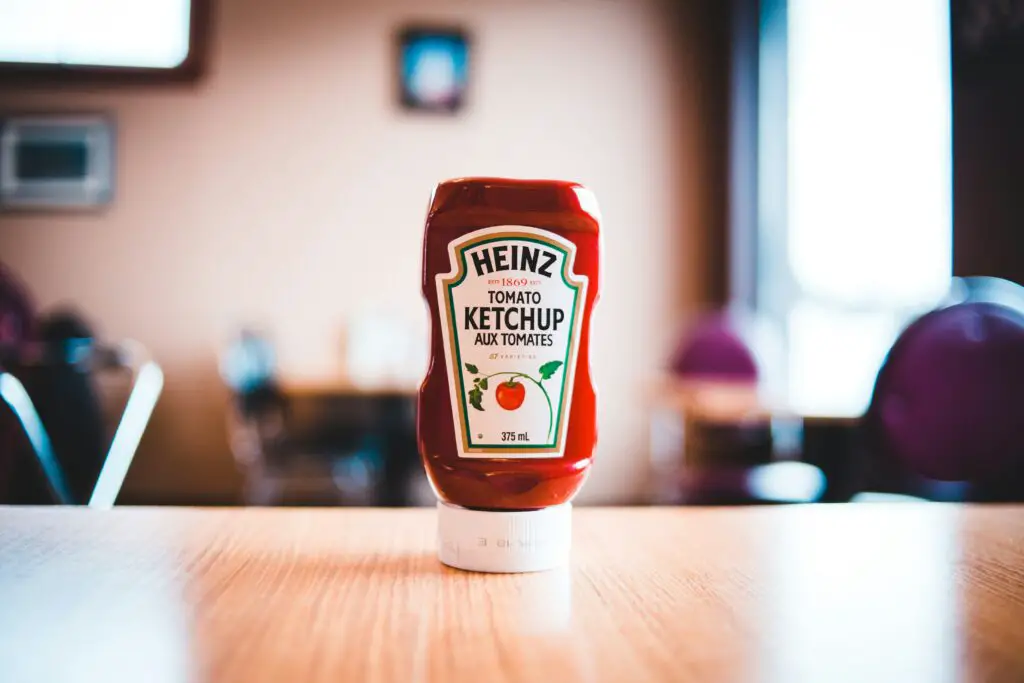
If you’re used to slathering ketchup on everything from fries to eggs, France might throw you for a loop—especially if you’re a student. In an effort to preserve French culinary culture, the country banned ketchup in school cafeterias (except for when it’s served with fries), and even then, it’s strictly portion-controlled shares the Tasting Table.
The idea is to encourage kids to appreciate traditional French cuisine instead of drowning everything in sugary tomato sauce. For Americans who treat ketchup like a food group, it might be hard to adjust. Imagine a school lunch without that familiar red squeeze bottle on the table. It’s all about promoting healthy habits and local flavors in France, which is admirable—but still surprising. Even mayonnaise is more widely accepted in French culture than ketchup. So next time you’re in a French school cafeteria, don’t ask for extra Heinz adds Quartz.
2. Japan: No Vaping with Nicotine
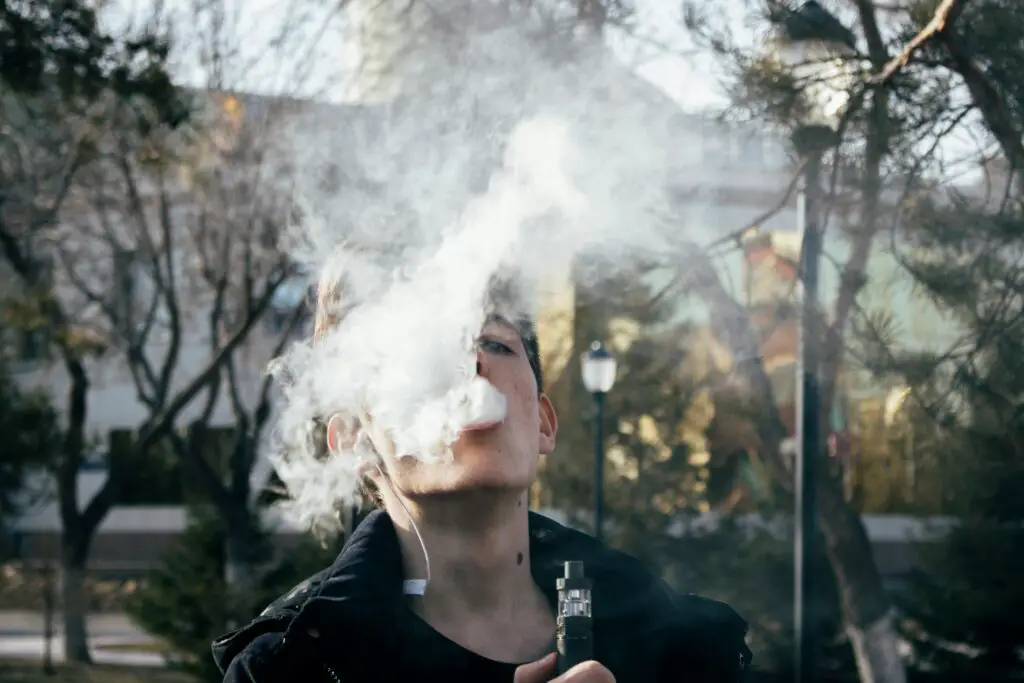
While smoking is still relatively common in Japan, vaping with nicotine is actually banned unless you have a doctor’s prescription. That’s a shocker for Americans used to seeing vape clouds in every parking lot and college dorm shares Filter.
Non-nicotine e-cigarettes are allowed, but importing or selling nicotine-containing vape juice is strictly regulated. This ban is part of Japan’s larger effort to tightly control substances and avoid the rapid rise in teen vaping seen in other countries. If you’re visiting from the U.S. and planning to bring your favorite device, you might want to leave it at home. Otherwise, you’ll be navigating some pretty confusing red tape. Even seasoned travelers are caught off guard by how strict Japan can be with health-related laws. In short, vaping here isn’t as casual as it is in the States explains Reason Magazine.
3. Singapore: No Chewing Gum

Singapore is famous for being clean, and part of that reputation comes from its strict ban on chewing gum. Since 1992, the sale and import of gum has been outlawed—with only very limited exceptions for therapeutic or dental use.
That means no popping a piece of gum after lunch or before a big meeting. The ban came after repeated issues with gum being stuck on sidewalks, benches, and subway doors, which caused delays and messes. For Americans who casually chew gum throughout the day, it’s a small habit that could get you in trouble. Fines can be steep, and customs will confiscate your pack if they find it. So if you’re headed to Singapore, you might want to pack mints instead. It’s one of those little things that reminds you you’re not in Kansas anymore.
4. Saudi Arabia: No Valentine’s Day Items

In Saudi Arabia, it’s not just frowned upon—it’s actually illegal to publicly celebrate Valentine’s Day. The country has long banned the sale of red roses, heart-shaped gifts, and anything associated with romantic love during the week of February 14.
Store owners can face penalties if they display items that hint at the holiday. This ban is based on religious grounds, as the day is considered contrary to Islamic teachings. Americans used to school parties, love-themed candy, and flashy date nights might find the silence around the holiday startling. In recent years, there’s been some quiet loosening of restrictions, but it’s still nothing like what we’re used to. If you’re living or traveling there in February, keep the love notes private. Even a red teddy bear could cause a stir.
5. North Korea: No Blue Jeans
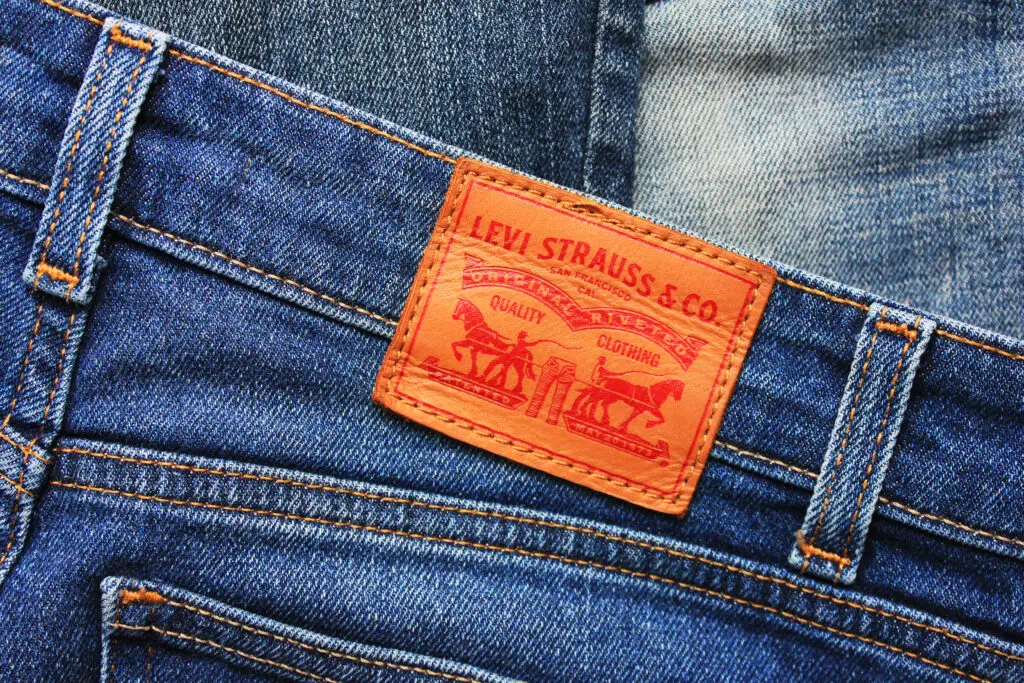
In North Korea, blue jeans aren’t just out of style—they’re illegal. The color blue is seen as a symbol of Western influence, and anything that smacks of American culture is closely monitored or outright banned.
Wearing denim is viewed as a form of rebellion or disrespect toward the regime. This ban especially applies to younger people, who might want to mimic Western fashion trends. For Americans who live in their jeans, this restriction sounds almost dystopian. Imagine having to choose your pants based on political implications. North Korea encourages its citizens to wear more traditional or neutral-colored clothing. Fashion isn’t just a personal choice there—it’s a state-controlled message.
6. Iran: No Western Hairstyles

You might want to rethink your next haircut if you’re heading to Iran, because Western hairstyles like ponytails, mullets, and spiky hair are banned. The government considers them symbols of cultural invasion and un-Islamic values.
Hairdressers are given a government-approved hairstyle guide and can face serious consequences if they don’t follow it. Americans used to expressing themselves through hair might be stunned by how strictly appearance is monitored. Even gelled hair or heavily styled looks can get you in trouble, especially for men. Women face a whole other set of restrictions involving hijabs and modesty laws. The overall goal is to preserve traditional culture and avoid Western influence. But for visitors, it’s definitely an adjustment.
7. Australia: No Over-the-Counter Codeine

While many Americans are used to grabbing codeine-based painkillers at the pharmacy without much fuss, Australia changed the game in 2018. Now, codeine is a prescription-only medication due to growing concerns about misuse and addiction.
This means you can’t just walk into a pharmacy and grab something for your bad back or nagging cold. For Americans traveling Down Under, this can be a bit of a shock—especially when you realize how common codeine is in U.S. medicine cabinets. Australia’s move was prompted by rising overdose rates and a push to reevaluate pain management. Pharmacists can’t make exceptions, even for tourists. So if you need codeine, you’ll have to see a doctor first. It’s one of those rules that reminds you health care access varies wildly around the world.
8. Norway: No Energy Drinks for Kids
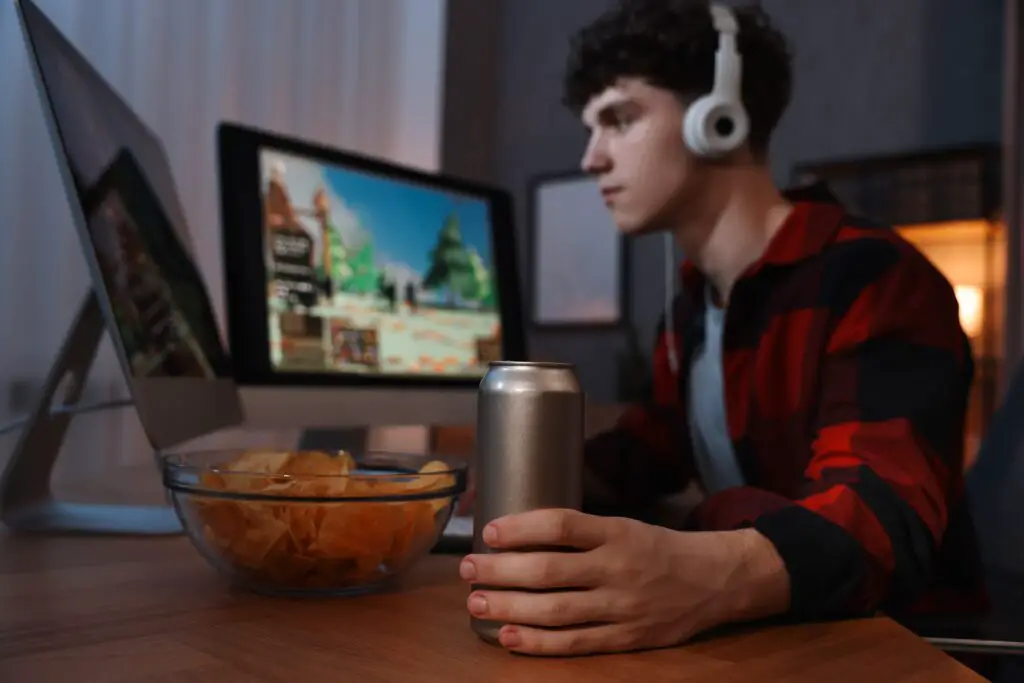
In Norway, there’s a strong focus on protecting children’s health—and that means energy drinks are strictly limited. Kids under 18 aren’t allowed to buy popular drinks like Red Bull or Monster, which are available just about everywhere in the U.S.
Retailers can face penalties for selling to minors, and schools often ban the drinks entirely from campus. This policy stems from concerns about high caffeine levels, sugar, and the potential for heart-related side effects in younger people. For American teens used to sipping energy drinks before practice or during study sessions, it’s a tough pill to swallow. Parents in Norway tend to support the ban, citing long-term health impacts. Meanwhile, U.S. vending machines are fully stocked with them. It’s a cultural difference that puts kids’ health front and center.
9. Venezuela: No Video Game Consoles
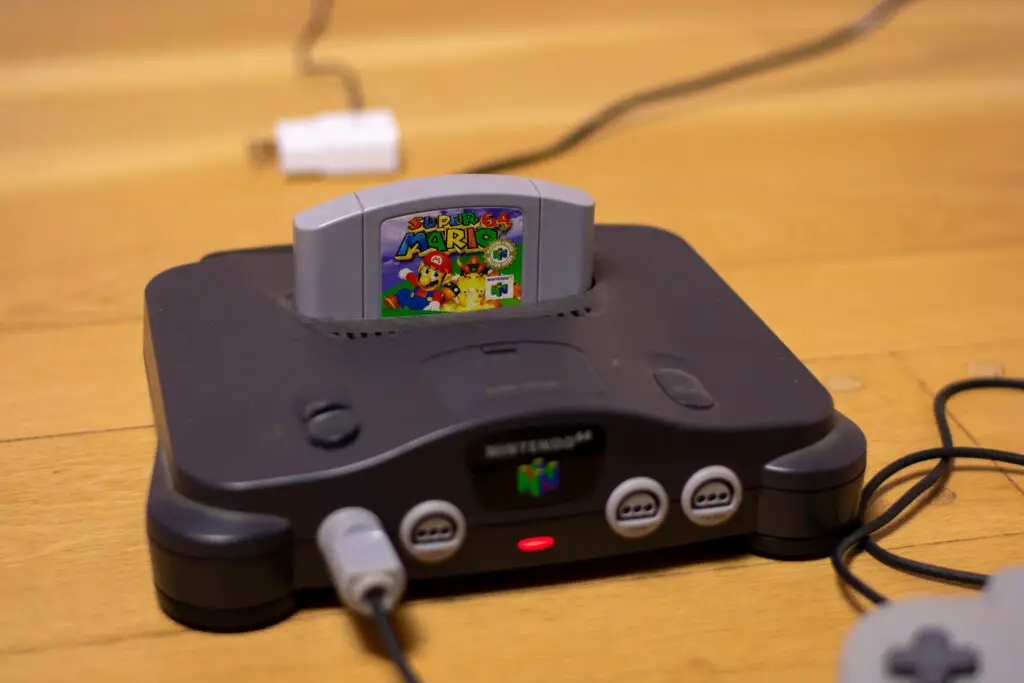
At one point, Venezuela banned violent video games and consoles altogether in an effort to curb rising crime rates. While enforcement has varied over the years, the law still technically restricts the sale and import of certain systems and games.
Games that promote aggression, theft, or war are considered socially damaging. For American gamers who grew up on Call of Duty and Grand Theft Auto, that’s a massive change. Even owning a console could lead to trouble depending on how strictly the law is applied at the time. The government’s position is that such games normalize violence. But critics argue that it’s an oversimplified fix to a much deeper issue. Either way, gaming in Venezuela comes with serious limitations.
10. Thailand: No E-Cigarettes
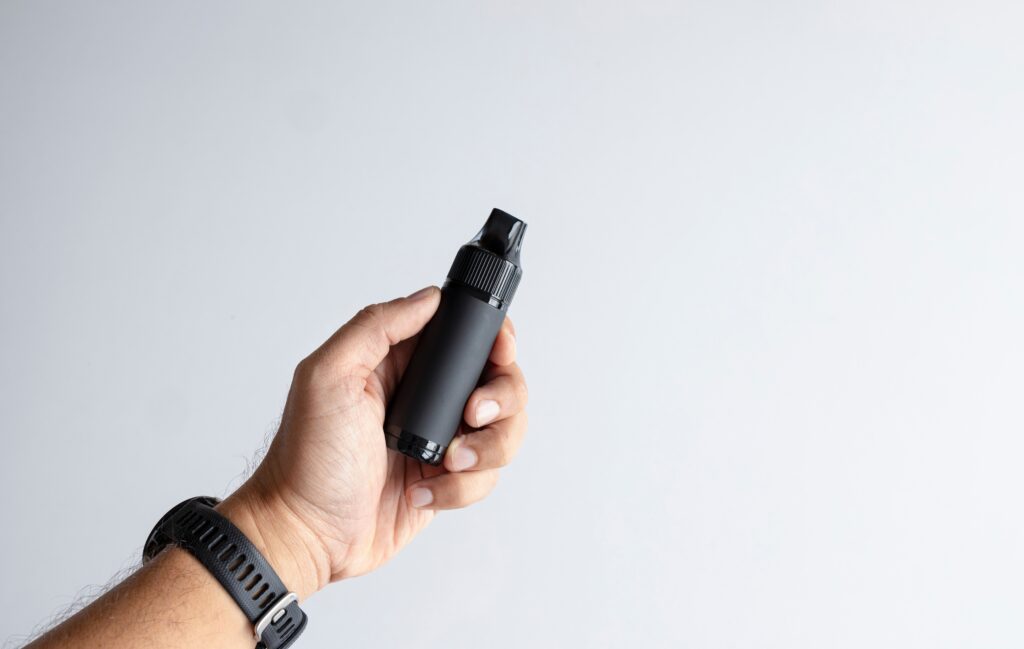
Thailand has one of the strictest bans on e-cigarettes in the world. Even just possessing one can lead to hefty fines or jail time—even for tourists who didn’t know the law.
The government banned e-cigarettes in 2014 as a way to protect public health, but critics say the penalties are disproportionately harsh. For Americans who vape casually or as a smoking alternative, the risks in Thailand can be shocking. Customs officials have confiscated devices right out of people’s bags. There have even been high-profile arrests of tourists caught using them on the beach. It’s not a minor offense, either—jail time is very real. If you’re heading there, best leave the vape at home.
11. Switzerland: No Flushing After 10 PM in Apartments
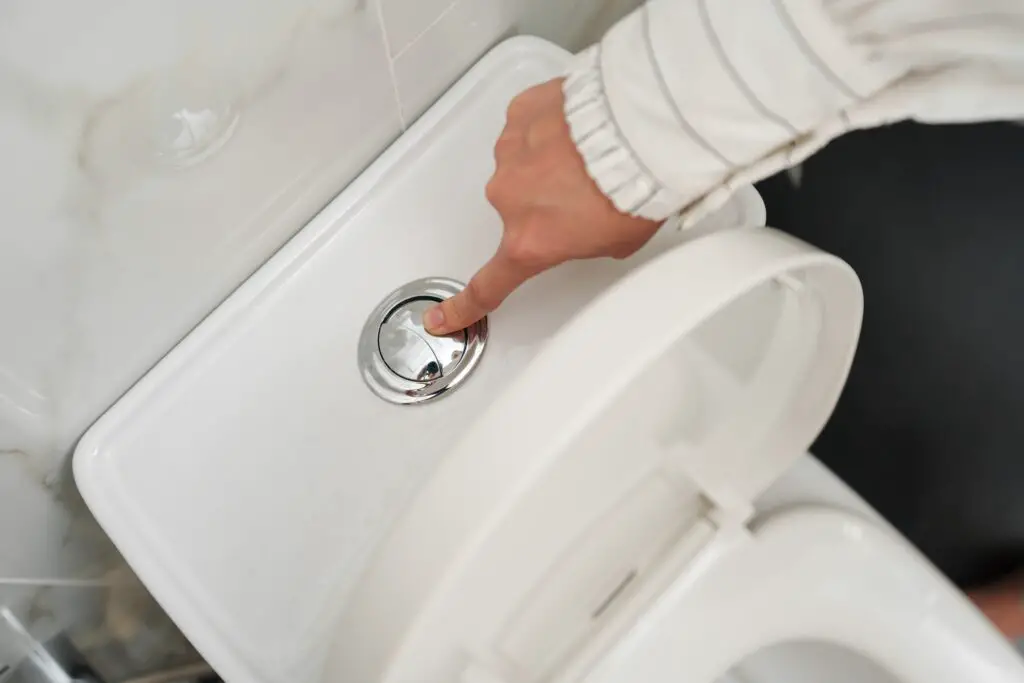
Yes, you read that right. In Switzerland, some apartment buildings have rules that ban flushing toilets after 10 PM to reduce noise. It’s not a national law, but it’s common enough that many people treat it as standard.
Landlords are allowed to set house rules, and noise control is taken very seriously. For Americans used to late-night bathroom breaks without a second thought, this can feel bizarre. Some places even frown upon running a bath or showering late at night. The Swiss value peace and quiet to a degree that’s genuinely surprising for many visitors. If you’re staying in an apartment, read the house rules carefully. Otherwise, you could face an awkward conversation with your neighbors.
12. Cuba: No American-Made Cars (At Least Historically)
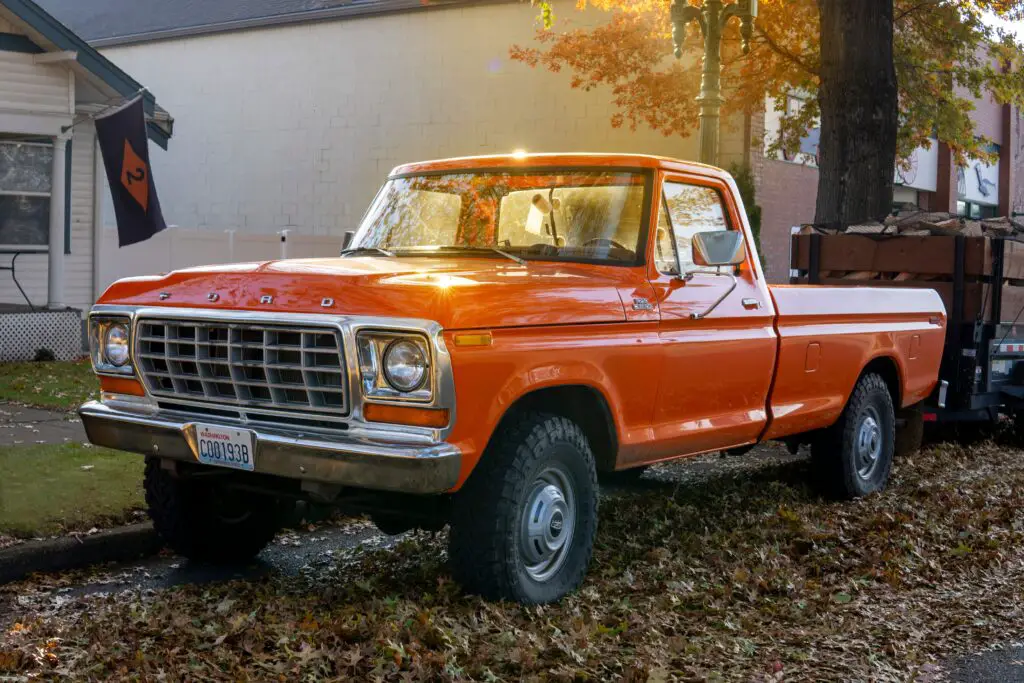
Due to decades of embargoes, Cuba essentially froze in time when it came to American products—including cars. That’s why you’ll see so many vintage 1950s Chevys rolling through Havana. For decades, it was illegal to import new American-made vehicles.
Even now, the process is so complicated and costly that modern American cars are extremely rare. This creates a surreal scene where ancient Buicks and Fords are patched together with handmade parts and a whole lot of ingenuity. For Americans, cars are often replaced every few years. But in Cuba, keeping an old car running is an art form. It’s only recently that non-American vehicles began trickling in, but the classic car culture still defines the island.
